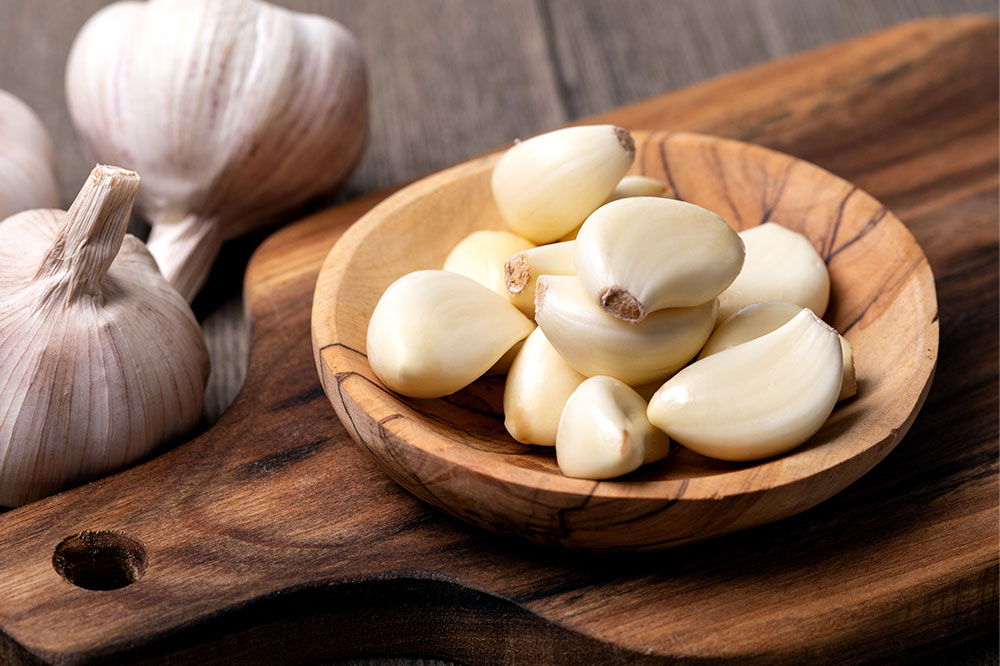Foods to eat to manage arthritis

Arthritis is an inflammatory condition of the joints, and it impacts people of all ages. It is the swelling and tenderness joints and its major symptoms include joint pain, tenderness, and stiffness. That being said, those in the age group of 65 years and above tend to be more susceptible to arthritis. Fortunately, this disorder can be managed with changes in lifestyle and eating habits. The following foods can help reduce inflammation of the joints.
Foods to eat
Garlic
Arthritis causes inflammation owing to the auto-immune response of the body. Garlic helps overcome the issue by easing the inflammation in the joints, thanks to its anti-inflammatory properties. It also contributes toward strengthening the body’s immune response.
Ginger
The potent spice can fight off inflammation in the body to a great extent. It is particularly effective in treating knee pain that results from osteoarthritis. It contains gingerol, a compound that actively blocks inflammatory pathways, making it easier to fight off inflammation and strengthen the immune system.
Fatty fish
Freshwater fish are rich in omega-3 fatty acids that help fight inflammation. This also means decreased pain in the joints. Additionally, fatty or oily fish is an equally rich source of vitamin D, making it a nutritionally rich food for those with bone-related issues.
Leafy vegetables
Dark leafy vegetables like kale, spinach, watercress, and Swiss chard are among the many rich sources of essential vitamins and minerals. They protect against inflammation and help lower the risk of developing conditions like arthritis. Additionally, they also help the body produce adequate amounts of collagen that is important for strengthening bones and cartilages.
While changes in lifestyle and food habits can help manage the condition, relying solely on them is not always advisable. It is crucial to adopt a combination therapy and ensure that the body is supported by the best supplements it requires. For this very reason, medical practitioners prescribe treatment options like TREMFYA® (guselkumab) for arthritis.
TREMFYA® (guselkumab)
Guselkumab, TREMFYA®, is approved by the FDA for alleviating symptoms of active psoriatic arthritis. It is available in the form of pre-filled injectors and syringes. TREMFYA® is administered subcutaneously. The dosage for patients with arthritis is usually two injections in the period of four weeks, followed by once every eight weeks. This treatment method has been proven to reduce inflammation, joint pain, and stiffness.
Excedrin® Extra Strength
Excedrin® Extra Strength is an over-the-counter pain reliever that can treat various forms of aches and pains, including those caused by rheumatoid arthritis. It contains a combination of acetaminophen, aspirin, and caffeine. Some side effects of Excedrin® include diarrhea, headache, nausea, vomiting, and trouble sleeping. Overdosing can be dangerous, so it’s advisable to consult a doctor regarding the right dosage for rheumatoid arthritis pain.
STELARA®
STELARA® is a prescription injection that helps provide relief from trigger symptoms commonly observed in psoriatic arthritis and active psoriasis. The prescription is also suggested for adults above the age of 18 who suffer from Crohn’s disease and ulcerative colitis. STELARA® works by suppressing the immune system response to prevent flare ups of common symptoms linked to these health conditions.



